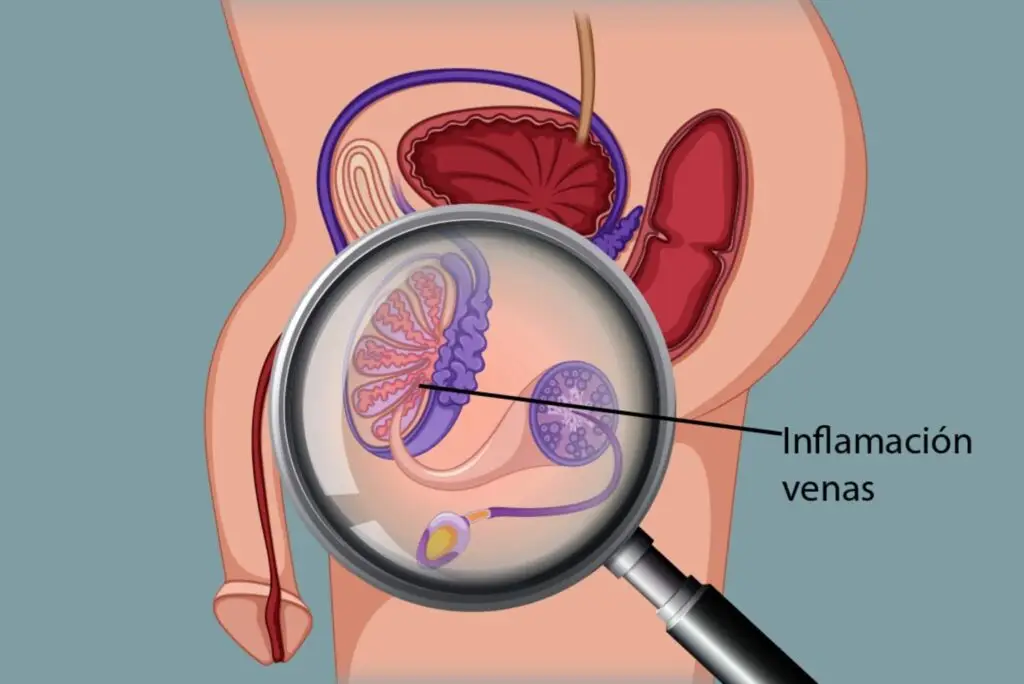Varicocele is a condition where veins within the scrotum become enlarged, similar to varicose veins that can occur in the legs. This condition can cause discomfort, and in many cases, it is linked to male infertility. If you or someone you know is dealing with varicocele, understanding the success rate of varicocele microsurgery is crucial when considering treatment options.
In this article, we will delve into the details of varicocele microsurgery, explore the factors that affect its success rate, and provide an overview of what to expect during the procedure and recovery.
What is Varicocele Microsurgery?
Varicocele microsurgery is a minimally invasive surgical procedure used to treat varicocele by repairing the enlarged veins in the scrotum. The goal of the surgery is to improve blood flow, reduce pain, and, in some cases, restore fertility in men suffering from this condition. Microsurgery involves using a microscope or magnification to perform the surgery with precision, ensuring minimal damage to surrounding tissues and reducing the risk of complications.

Why is Varicocele Microsurgery Performed?
The primary reason for undergoing varicocele microsurgery is to address the discomfort caused by varicocele, as well as its potential impact on male fertility. Studies have shown that varicocele can negatively affect sperm production and quality, leading to difficulties in conception. By improving blood flow in the affected veins, microsurgery may help improve sperm quality and increase the chances of successful conception.
Additionally, varicocele can cause pain or a sensation of heaviness in the scrotum, which may worsen over time. In such cases, surgery can be performed to alleviate these symptoms and improve the patient’s quality of life.
Success Rate of Varicocele Microsurgery
One of the key factors in evaluating varicocele microsurgery as a treatment option is understanding its success rate. Studies have consistently shown that varicocele microsurgery has a high success rate, particularly when performed by an experienced surgeon.
Fertility Success
For men experiencing infertility due to varicocele, the success of the surgery in improving fertility is one of the most important considerations. The success rate for restoring fertility after varicocele microsurgery varies but is generally reported to be between 60% and 80%. This means that a significant percentage of men who undergo this surgery experience improved sperm quality, which may increase their chances of conception. It is important to note that fertility outcomes may take several months to manifest, as sperm production cycles can take time to improve after surgery.
Pain Relief
In addition to fertility, varicocele microsurgery is also effective in relieving the pain associated with the condition. Research indicates that 80% to 90% of patients who undergo varicocele microsurgery experience significant or complete pain relief after the procedure. This makes microsurgery an excellent option for those seeking long-term pain relief and a resolution to the discomfort caused by varicocele.
Overall Success Rate
When looking at the overall success of varicocele microsurgery, which includes both fertility improvement and pain relief, the success rate is estimated to be between 85% and 95%. These high success rates make varicocele microsurgery one of the most effective treatments for this condition, particularly when performed by a skilled surgeon who uses advanced microsurgical techniques.
Factors Affecting the Success Rate
While varicocele microsurgery is generally successful, several factors can influence the outcome. These include:
- Surgeon Experience: The skill and experience of the surgeon performing the microsurgery are critical factors in the success of the procedure. Surgeons with extensive training in microsurgical techniques are more likely to achieve positive outcomes.
- Severity of Varicocele: The size and severity of the varicocele can affect the success rate of the surgery. Larger varicoceles may require more complex procedures, which could affect the overall outcome.
- Age and Health of the Patient: Younger patients with fewer health issues tend to have better outcomes, particularly when it comes to fertility restoration. Older patients may have a lower success rate in terms of fertility, but pain relief remains highly effective.
- Timing of the Surgery: It is important to consider the timing of the surgery, particularly in relation to fertility goals. For men who are looking to restore fertility, undergoing the surgery at an earlier age can result in better outcomes.
- Post-Surgical Care: Following the surgery, it is essential to follow all post-operative instructions provided by the surgeon. This includes taking medications as prescribed, avoiding strenuous activities, and attending follow-up appointments to monitor healing.
What to Expect During the Procedure
Varicocele microsurgery is typically performed under local anesthesia, although general anesthesia may be used in some cases. The procedure involves making a small incision in the lower abdomen or groin area, through which the surgeon will access the affected veins. Using a microscope, the surgeon will then carefully isolate and ligate (tie off) the enlarged veins, redirecting blood flow to healthy veins.
The procedure usually takes between 1 to 2 hours, and patients can typically go home the same day. Recovery times vary, but most men are able to resume light activities within 1 to 2 weeks. Full recovery may take around 4 to 6 weeks, and most patients are advised to avoid heavy lifting or strenuous activities during this period.
Risks and Complications
As with any surgery, varicocele microsurgery carries some risks. However, the risk of complications is generally low when performed by an experienced surgeon. Some potential risks include:
- Infection at the incision site
- Bleeding
- Recurrence of varicocele (rare)
- Damage to surrounding tissues, such as the vas deferens or testicular artery
To minimize the risk of complications, it is important to follow all pre- and post-surgical instructions and attend all follow-up appointments.
Conclusion
Varicocele microsurgery is a highly effective treatment for men suffering from varicocele, with success rates ranging from 85% to 95%. Whether the goal is pain relief or improving fertility, this minimally invasive procedure offers significant benefits with minimal risks. By consulting with an experienced surgeon and understanding the factors that can influence success, men can make an informed decision about whether varicocele microsurgery is the right choice for their health and fertility goals.
If you’re interested in learning more, you can visit our blog page for latest updates related to the treatments we offer. Contact us today to schedule a consultation, we look forward to helping you on your journey to better health!
You can also read our blog post about Varicocele Microsurgery Recovery Time and Varicocele Embolization Treatment. You can also go through the treatment that we offer: Vаrісосеlе Ѕurgеrу 2025
